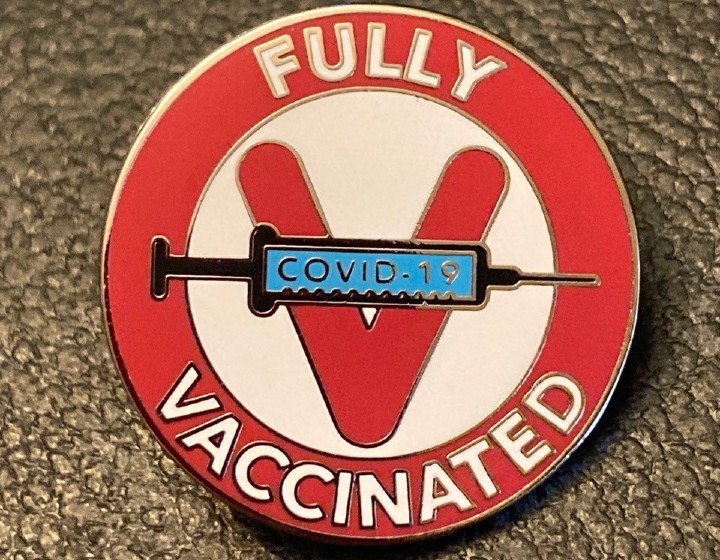The Manitoba government says there are new options for those having trouble getting their COVID-19 immunization cards.

Last month Global News reported on the troubles some Manitobans were having trying to register for their secure immunization card, which confirms full immunization against COVID-19 following receipt of a second dose.
At the time the province said an increase in the number of people asking for their immunization records was leading to delays for some.
The province now says it has an online form that can be filled out if you’re unable to order your card through the website portal because of a mistake with your health information.

A provincial spokesperson told Global News Tuesday that as of last week people can call 1-844-MAN-VACC to update their records by following prompts, but the new form is the quickest and most efficient way to make changes or additions to your record.
They stressed those who haven’t first tried to register for an immunization card and encountered problems, don’t need to fill out the form or call the number.

Get weekly health news
Those looking to register for the card for the first time need to visit the province’s website to create an account and enter the required information, the spokesperson said.
People are asked to wait at least three days after receiving their vaccination before making inquiries about their records as it can take that long for the information to be uploaded into the system, the spokesperson said.
The spokesperson added that a team is in place to follow up on any requests and roughly one per cent of all records entered each day needs a correction, so while it’s frustrating for that individual, more than 1.5 million doses have been administered and thousands of records have been entered correctly.

Manitoba Premier Brian Pallister announced the secure immunization cards in early June.
The cards are available in both a physical and digital format for anyone with a Manitoba health card who applies 14 days after getting their second shot.
Manitobans who can prove they’ve been fully vaccinated are allowed expanded visits at health-care facilities, including hospitals and personal care homes, and also don’t have to quarantine for two weeks after returning home from outside the province.
The cards may also be required to determine access to major sporting events, museums and other facilities. The Winnipeg Blue Bombers have already said proof of immunization will be required to get into IG Field this summer.
Questions about COVID-19? Here are some things you need to know:
Symptoms can include fever, cough and difficulty breathing — very similar to a cold or flu. Some people can develop a more severe illness. People most at risk of this include older adults and people with severe chronic medical conditions like heart, lung or kidney disease. If you develop symptoms, contact public health authorities.
To prevent the virus from spreading, experts recommend frequent handwashing and coughing into your sleeve. They also recommend minimizing contact with others, staying home as much as possible and maintaining a distance of two metres from other people if you go out. In situations where you can’t keep a safe distance from others, public health officials recommend the use of a non-medical face mask or covering to prevent spreading the respiratory droplets that can carry the virus. In some provinces and municipalities across the country, masks or face coverings are now mandatory in indoor public spaces.
For full COVID-19 coverage from Global News, visit our coronavirus page.













Comments